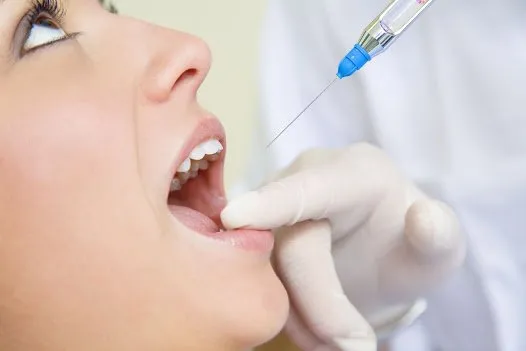For many dental patients, the thought of going through surgery is not as worrying as wondering how much time it will take to recover from the procedure. If you need to get one or more teeth extracted and you’re concerned about how long it will be until your mouth feels normal again, don’t fear. While recovery will never be an overnight process, there are plenty of ways to speed up your healing.
The most important thing to do is follow your dental surgeon’s advice, but here are three easy tips to keep in mind.
Take Your Medicine
There are two main types of medication you may be prescribed or advised to take after having your tooth removed: antibiotics and painkillers. Taking painkillers can help you get back to normal activity quicker, while antibiotics will prevent infectious complications that could lead to longer recovery time.
If you’ve been prescribed antibiotics, it’s crucial that you complete the full course as given to you. Antibiotics are great at reducing your risk of infection after tooth extraction, especially if you already have low immunity. However, failing to take all the antibiotics can allow the bacteria to become immune to them, leading to infection that is very hard to treat.
As for painkillers, while not everyone requires them after dental surgery, many patients find that they offer much-needed relief. Painkillers like paracetamol can be taken as and when needed according to the usual instructions, but make sure you avoid aspirin. While aspirin can be great for other types of pain, it has blood-thinning properties that may cause bleeding and prevent clotting at the surgery site.
Eat Gentle Foods
Unsurprisingly, food poses one of the biggest risks to your speedy recovery from tooth extraction. This means you need to be very careful when eating.
For the first few days, you’ll need to stick to a diet of soft, cool foods. Chewing can cause trauma to the surgery site, while hot foods can burn your wound or increase blood flow and cause it to bleed. Good foods to eat include soups, porridge, ice cream, soft bread, yogurt, uncoated fish and well-cooked vegetables. Avoid foods that need to be chewed more than a few times and steer clear of spicy food that may cause irritation.
As for drinks, try to get eight cups of fluid per day. As always, water is important, but don’t shy away from more nutritious options like juice and milk. You should, however, be wary of fizzy drinks that can irritate the surgery site. Alcohol must also be avoided, at least for the first day or so. As well as slowing down the healing process, alcohol impairs judgement and could lead to you accidentally damaging the wound.
Clean Your Mouth Carefully
It’s good to clean the site of your tooth extraction regularly, but you’ll need to take care when doing so. If you’re too vigorous, you could delay the healing process by disrupting the clot.
Try not to rinse your mouth for the first 24 hours. This gives the wound time to start clotting and healing without disruption. If there’s still some bleeding, which there may be in the first few days, you can usually control it by biting down on a moistened, sterile gauze pad.
After the first day has passed, you should begin daily rinsing. Use a solution of one teaspoon of salt in a glass of warm water and very gently swill it around your mouth. Do not suck or spit forcefully, as this could dislodge the blood clot. Try to repeat this several times a day, ideally after each meal to remove any leftover food from the area.
When brushing your remaining teeth, steer clear of the surgery site to avoid disrupting the healing tissue. If you’re finding it too painful to brush, you may be able to use a germicidal mouthwash for the first few days to keep your teeth clean until you can use your toothbrush again.
These three tips are easy to follow and should put you at ease regarding recovery times. If you’re ready to go ahead with tooth extraction, contact Dental Smile Clinic Frankston for safe and effective dental surgery.




